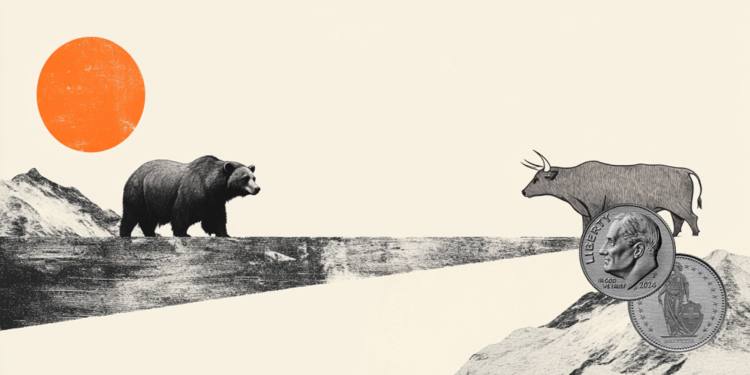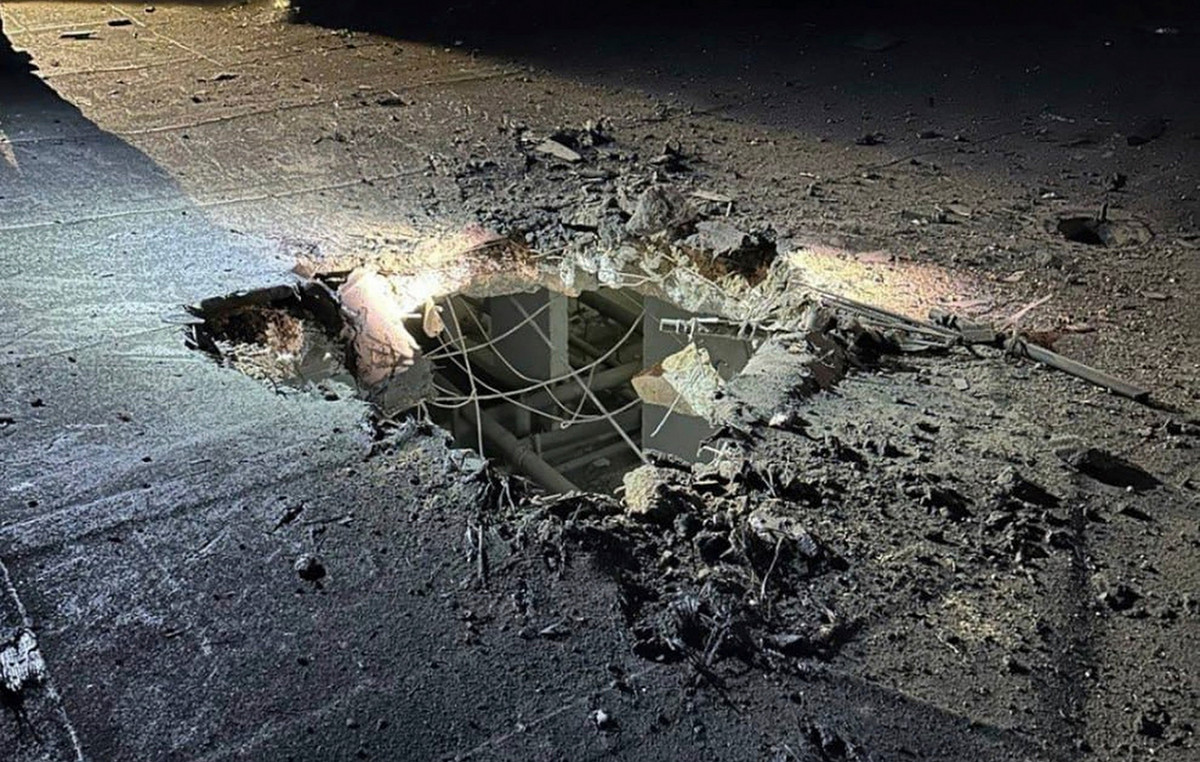When the Serbia was under his leadership Slobodan Milosevicthe West -with them United States head- strongly advocated democratic change in the country. But now, as Serbia retreats towards autocracy under the President Alexander Vucicthis commitment expires.
Last week, there were protests in the streets of Belgrade, as citizens demonstrated against parliamentary and local elections in the capital, complaining of many problems in the process.
Outgoing Prime Minister Ana Brnabic then thanked Russian security services for tipping off the Serbian government about the planned protests, which she claimed were orchestrated by “certain Western agencies”.
Briefing the Russian Ambassador to Serbia about the riots in the capital, Vucic and the Russian envoy also agreed that the protests were organized by the West, while US Ambassador to Serbia Christopher Hill condemned the “violence and vandalism against state institutions” that as he said they have no place in a “democratic society”.
So it seems that the views of the Russian and US envoys to Serbia are aligned, as both are seemingly more concerned about the stability of the Serbian government than about electoral fraud. And even in today's complicated world, such Western support for the Serbian leader, who accuses the West of fomenting unrest in the country, is shocking.
In the Serbian elections held on December 17, there was massive fraud and there were complaints from international observers. In Belgrade in particular, there were indications of large-scale organized movement of voters from other parts of Serbia and from abroad. This means that the president and his party declared a victory which they did not achieve.
It is the opposition coalition, of which my party (Freedom and Justice Party) is a key member, that won the elections, and that is why we have asked for a repeat. Supported by many young people, who are tired of living in a country where violence is widespread and institutions have lost all meaning, we called on citizens to demonstrate peacefully until our demands are met, while Marinika Tepic and many other members of parliament started hunger strike.
On December 24, one of the largest demonstrations so far took place. The councilors asked to be allowed to enter their offices in the city assembly, which was not allowed by the police. Clashes ensued and with extreme repression, the police proceeded to arrest 38 protesters.
In the face of all this, official reactions from the European Union and the US are characterized by passivity at best. At first, the European Parliament's rapporteur for Serbia, Vladimir Bilcik, did not even notice the “major irregularities” of the election. And even more striking, there was no backlash against the allegations of international and domestic election observers who spoke publicly about their findings.
Unfortunately, we have come to expect such behavior from our Western partners. With wars and violence raging in their particular neighborhood of Europe and the Middle East, they don't seem to have much interest in Serbia, and so they seek a purely transactional relationship with Vucic.
And the transaction is easy to understand. Domestically, Vucic plays to his populist audience, denouncing the West as indifferent to Serbia's sovereignty and territorial integrity while supporting Ukraine's. He has refused to impose sanctions on Russia, has arrested or prevented Russian citizens opposed to the war against Ukraine from staying in Serbia, and disparagingly likened the protests in Belgrade to the Maidan.
At the same time, he has fueled warmongering sentiments towards Kosovo, claiming that anyone who disagrees with him is a traitor, and has controlled most of the media in Serbia for over a decade.
Abroad, however, Vucic offers what the West wants to hear. This week, his government began implementing a decision to recognize vehicle license plates issued by Kosovo. The country has increased its production of ammunition sent to Ukraine, effectively bolstering its supplies.
And Vucic is also looking at ways to revive lithium mining — something the EU could benefit greatly from, as it would allow a critical resource to be reinvigorated at a time of growing geopolitical tension and competition.
The deal is great for everyone — except Serbian citizens. We are witnessing a steady and relentless erosion of civil rights and civil liberties, which is why the country was downgraded from “free” to “partly free” by Freedom House a few years ago.
Meanwhile, abroad, Serbia is truly considered an outcast – a country that has sided with Russia and has no understanding or empathy for the horrors that Ukraine is going through.
But what Vucic's Western interlocutors need to understand is that if they insist on turning a blind eye — like Ambassador Hill, who says he is “really looking forward” to continued cooperation with the Serbian government — its institutions and reputation country will remain in decline, dependent on the whim of a leader.
Last May, after a mass shooting at a Belgrade school sparked mass protests, we wrote to both EU and US officials warning that Vucic would likely attempt to resolve the crisis by calling early elections without acceptable electoral terms. And we asked for their help to ensure that the recommendations of the Office for Democratic Institutions and Human Rights published after the April 2022 election were fully implemented.
However, we have not received any definitive answer. If anything, they were only too happy to praise the flawed steps the Serbian government had taken to create the appearance of compliance. So, if Western democratic governments find it very difficult to live up to the values they espouseif they find it difficult to call for repeat elections and insist that they be held under conditions that will make them free and fair, then maybe it would be better if they didn't say anything at all.
- His article Dragan Djilaschairman of the Freedom and Justice Party and former mayor of Belgrade was published in Politico
Source: News Beast
With 6 years of experience, I bring to the table captivating and informative writing in the world news category. My expertise covers a range of industries, including tourism, technology, forex and stocks. From brief social media posts to in-depth articles, I am dedicated to creating compelling content for various platforms.







